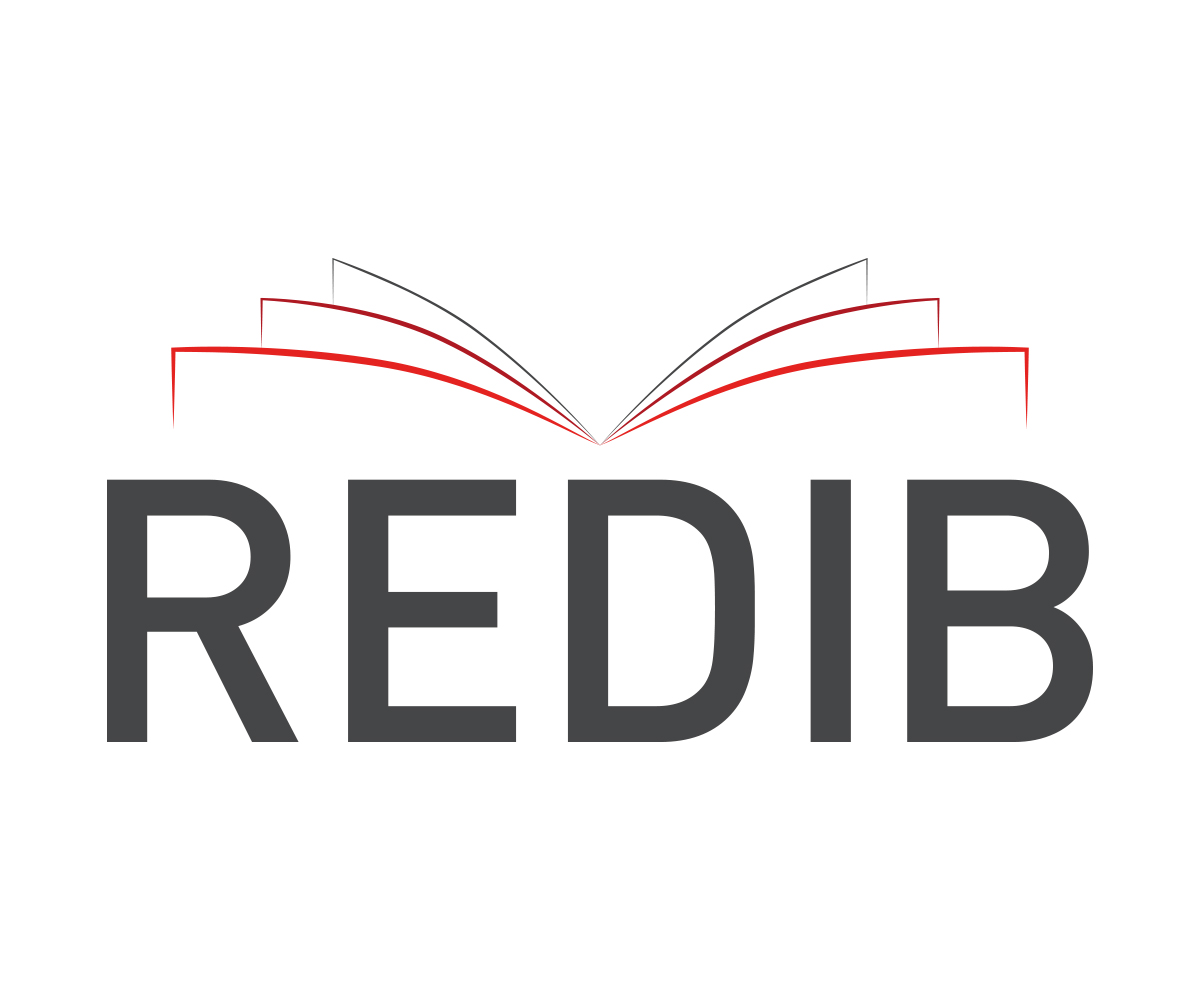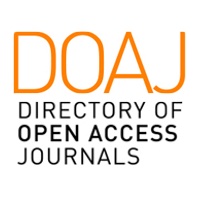INTERPRETACIONES METAÉTICAS DE LA OBRA HUMEANA
Resumen
Una de las razones por las cuales el nombre de Hume es actualmente citado en contextos ético-filosóficos es su notable influencia en la metaética contemporánea, a través de diversas puntualizaciones y argumentos. Sin embargo, su propia visión del lenguaje moral y de la argumentación práctica es materia de discusión. Este trabajo tiene como objetivo tratar de dilucidar cuál fue la posición metaética sostenida por el filósofo escocés. Luego de exponer las interpretaciones más importantes sobre el asunto (la subjetivista-individual, la emotivista y la naturalista-objetivista), y de rememorar los principales pasajes de la obra humeana en los que apoyan sus respectivas lecturas, se mostrarán algunos límites a la interpretación emotivista de Hume y se defenderá que el filósofo escocés sustentó una posición naturalista sobre el lenguaje moral.
ABSTRACT
One of the reasons why the name of Hume is currently quoted in ethical-philosophical contexts is his remarkable influence on the contemporary met ethics, through various points and arguments. However, his own vision of moral language and practical argumentation is subject of discussion. This work aims to figure out what was the metaethical position held by the Scottish philosopher. After exposing the more important interpretations on the issue (the subjectivist-individual, the emotivist and the naturalist-objectivist), and recalling the main passages of the humean work that support their respective readings, some limits to the emotivist interpretation of Hume will be shown and the position on moral language sustained by the Schottish philosopher will be defended.
Keywords: Emotivism; Hume, metaethics; naturalism.
Palabras clave
Referencias
YER, A (1971) Lenguaje, verdad y lógica, trad. Ricardo Resta, Buenos Aires, Eudeba.
AYER, AJ (1980) Hume, Oxford, Oxford University Press.
BENN, SI y PETERS, RS (1959) Social Principles and the Democratic States, Cambridge, Londres, Allen and Unwin.
ESPINOZA, F (2005) Una lectura habermasiana de la teoría moral de Hume. En: LÓPEZ SASTRE, G (2005) compilador, David Hume. Nuevas Perspectivas sobre su obra, Cuenca, Ediciones de la Universidad de Castilla – La Mancha.
FLEW, A (1963) On the Interpretation of Hume. Philosophy, 38, 178–181.
HARMAN, G y THOMSON, JJ (1996) Moral Relativism and Moral Objectivity, Oxford, Blackwell.
HUME, D (1984) Tratado de la naturaleza humana, 3 tomos, trad. Felix Duque, Buenos Aires, Hyspamerica.
HUME, D (1991) Investigaciones sobre los Principios de la Moral, trad. Gerardo López Sastre, Madrid, Espasa Calpe.
JOYCE, R (2009) Expresivism, Motivation Internalism, and Hume. En PIGDEN Charles (ed.), Hume on Motivation and Virtue (1ª. Ed., pp 30-56). New Essays, Londres, Palgrave-MacMillan.
PIGDEN, C (2009) “If not non-cognitivism, then what?”, En PIGDEN Charles (ed.), Hume on Motivation and Virtue (1ª. Ed., pp 30-56). New Essays, Londres, Palgrave-MacMillan.
PRICE, H (1988) Facts and the Function of Truth, Oxford, Blackwell.
SMITH, M (1994) The Moral Problem, Oxford, Blackwell Publishers.
SNARE, F (1991) Morals, Motivation, and Convention, Cambridge, Cambridge University Press.
Enlaces refback
- No hay ningún enlace refback.
Copyright (c) 2018 Revista Cuadernos FHyCS-UNJu
Cuadernos FHyCS-UNJu por Facultad de Humanidades y Ciencias Sociales - Universidad Nacional de Jujuy se distribuye bajo una Licencia Creative Commons Atribución-NoComercial-CompartirIgual 4.0 Internacional.
Basada en una obra en http://revista.fhycs.unju.edu.ar/revistacuadernos.
Hecho con OJS - Open Journal System












